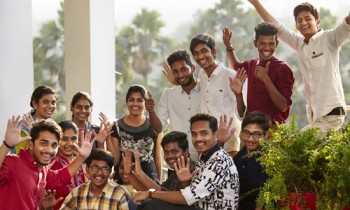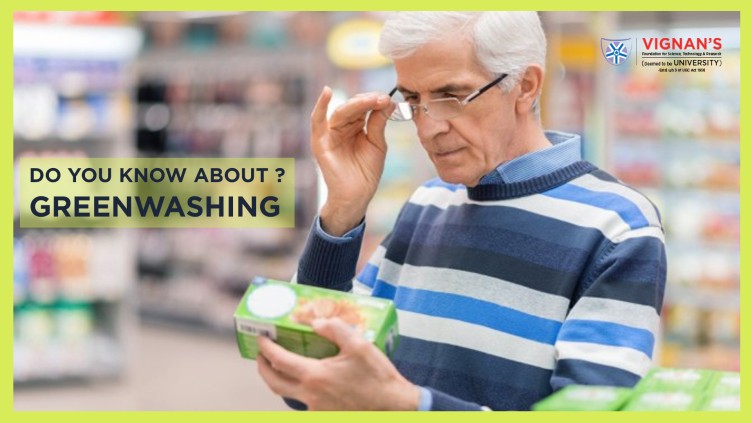- Home
-
About us
Vision
To evolve into a centre of excellence in Science & Technology through creative and innovative practices in teaching - learning, towards promoting academic achievement and research excellence to produce internationally accepted, competitive and world class professionals who are psychologically strong & emotionally balanced imbued with social consciousness & ethical values.
Mission
To provide high quality academic programmes, training activities, research facilities and opportunities supported by continuous industry - institute interaction aimed at promoting employability, entrepreneurship, leadership and research aptitude among students and contribute to the economic and technological development of the region, state and nation.
Awards and Accolades -
Admission
UG Programmes
-
All Courses
UG (B.Tech) Courses
- Agriculture Engineering
- B.Sc(Hons)Agriculture
- Biotechnology | Bioinformatics
- Electronics & Communication Engineering | Biomedical Engineering
- Civil Engineering
- CSE
- ACSE | AIML | CS | CSBS | Data Science
- B.Pharmacy
- Information Technology
- Electrical & Electronics Engineering
- Chemical Engineering | Food Technology | Textile Technology
- Mechanical Engineering | Robotics & Automation Engineering
PG (M.Tech) Courses
Other UG Courses
Ph.D ProgrammesVignan offers Ph.D. programmes in Engineering, Science, Management and English Streams.
-
Departments
-
Current Students
- Alumni
- Contact us
About Us
UG Admissions
PG & Ph.D Admissions
International Admissions
- Admission Procedure
- Rules & Regulations
- Application Form
- Scholarships-African Countries
- Visa
- Contact Details
Departments
- Agri. & Horti. Sciences
- Biotechnology
- Chemical Engineering
- Civil Engineering
- Computer Science and Engineering
- Electronics and Communication Engineering
- Electrical and Electronics Engineering
- Mechanical Engineering
- Information Technology
- Management Studies
- Sciences & Humanities
- Pharmaceutical Sciences
- Institute of Law
- Distance & Online Education
Current Students
- Examinations
- Policies & Hand Books
- Regulations
- Scholarships
- Essential Contacts
- Student Council
- University Life
- Library










